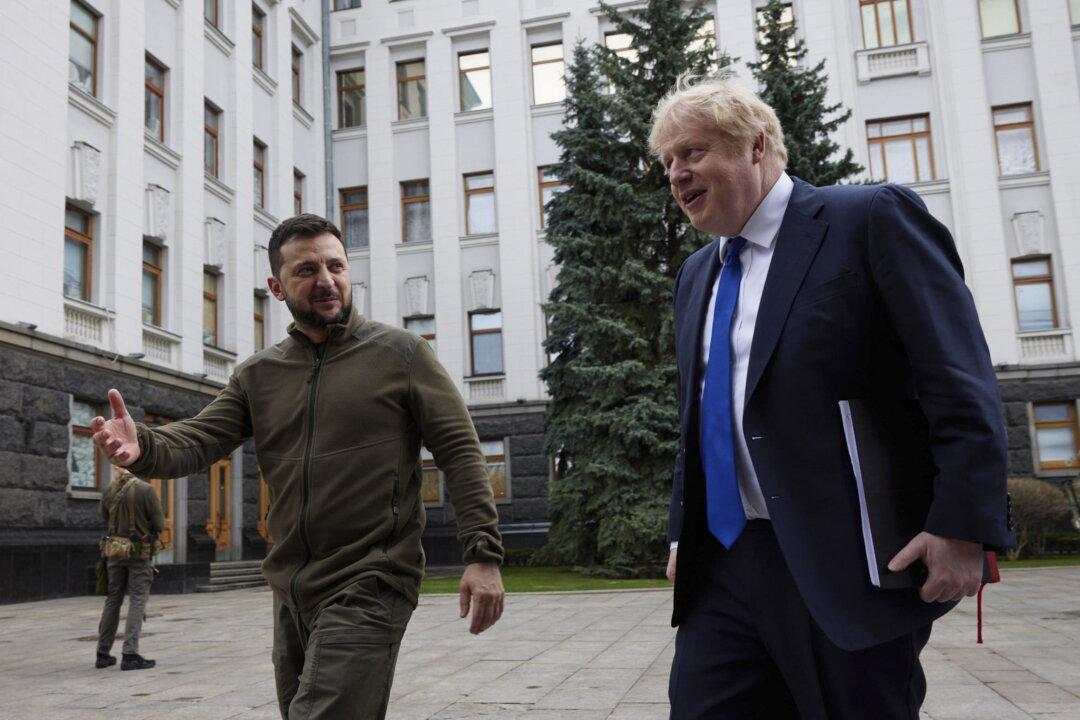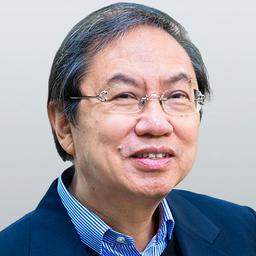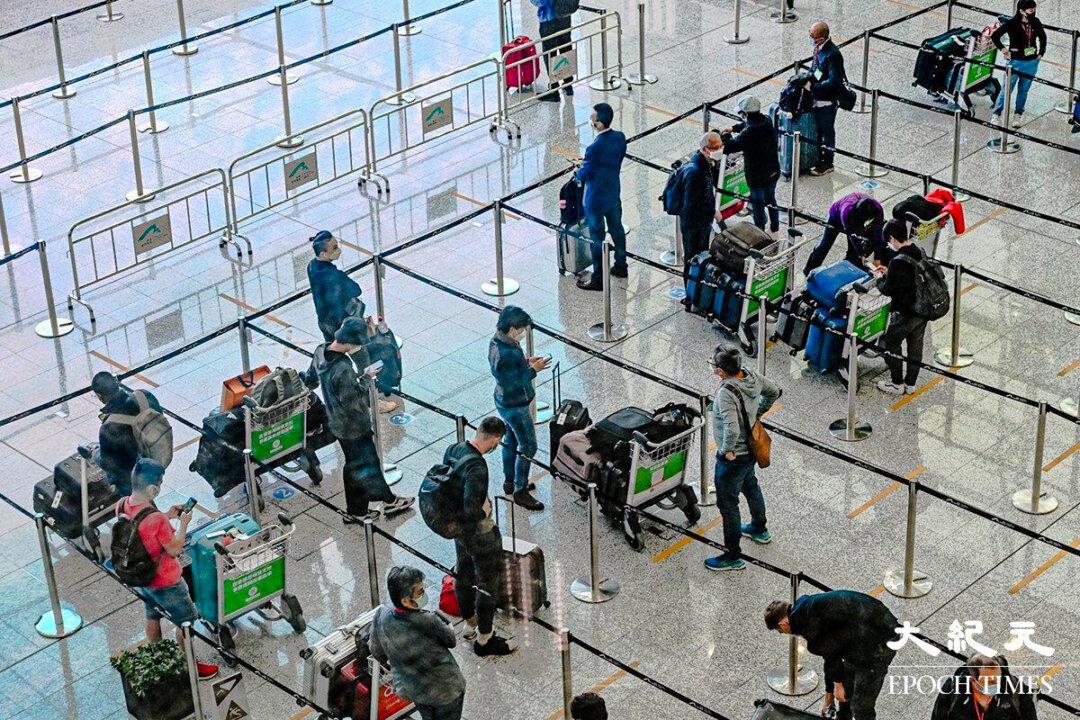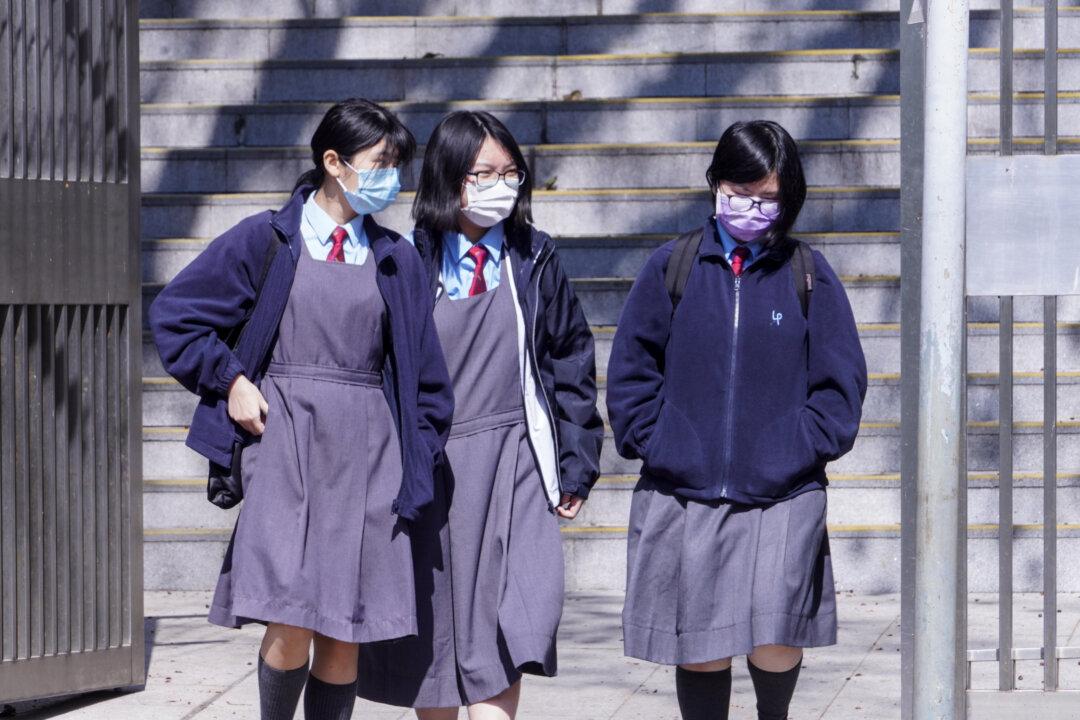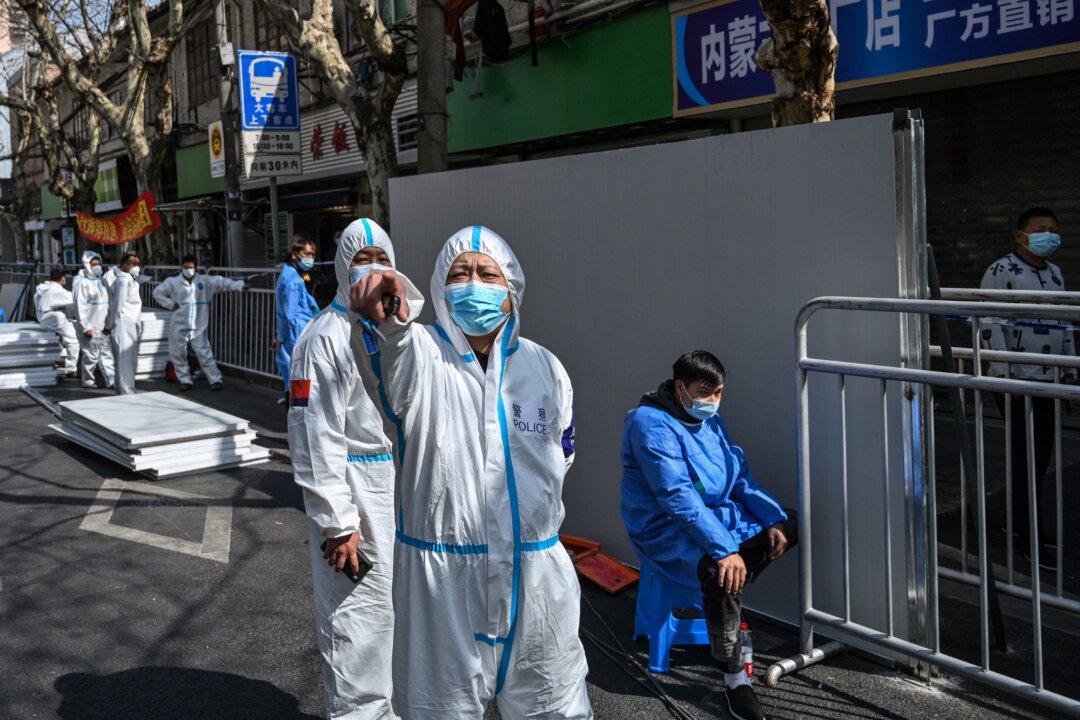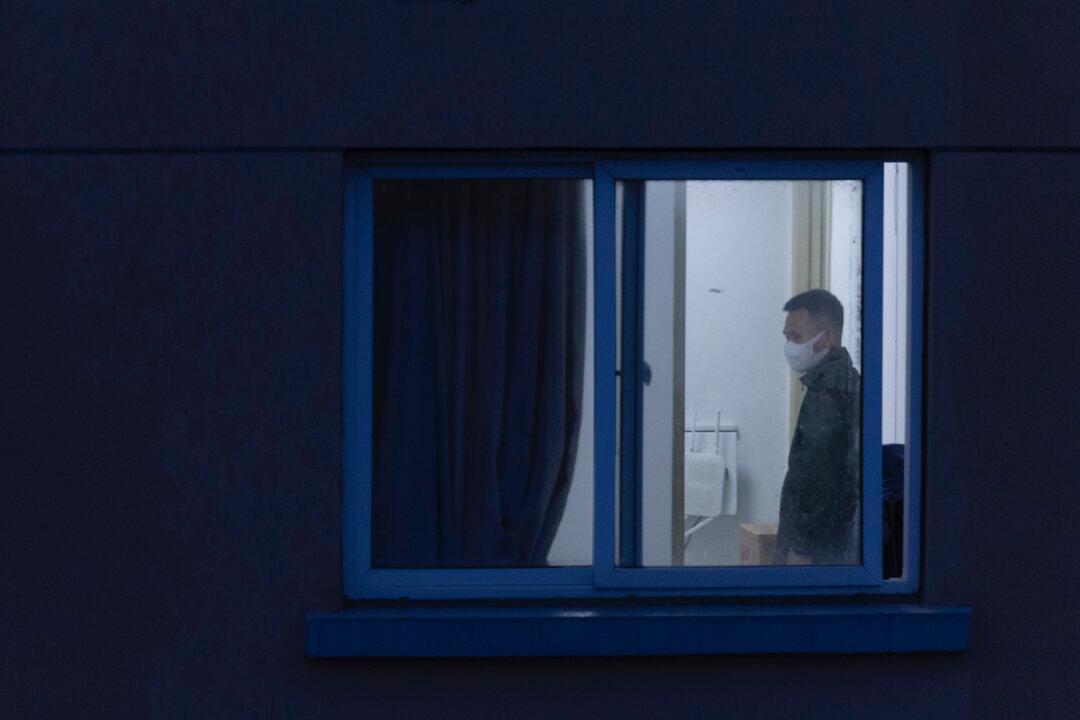Commentary
As the Russo-Ukrainian war enters its third month, Western countries’ sympathy and support for Ukraine has been increasing, and their awareness of the Russian threat has also been growing. Confrontation between the two camps has been escalating, reflecting a return of the Cold War.
